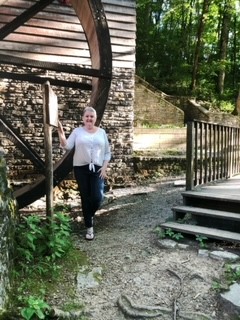
Today we’d like to introduce you to Dr. Kimberly D. Dodson.
Hi Kimberly, so excited to have you with us today. What can you tell us about your story?
My story begins as a survivor of child sexual abuse. I felt powerless to stop the abuse, and complex emotions coupled with shame, guilt, and embarrassment kept me from speaking out. I feared that my family would not believe me, or they would blame me. Years later, my older brother, Zack, confided in me that he also had been sexually abused as a child. This may explain his delinquent behavior as a teenager and why he was caught up in the criminal justice system for most of his life. Witnessing his mistreatment by the criminal justice system had a profound effect on me. Through these experiences, I became determined to advocate for those who felt powerless and whose voices had been ignored or silenced.
Another event that profoundly shaped my interest in criminal and social justice happened before I was born. As a child, my mother and grandmother told me about the murder of my grandfather who was a deputy sheriff in Harlan, Kentucky. According to their accounts, my grandfather answered a call to a disturbance at a church. However, when he arrived there was no disturbance, and newspaper accounts would later state that two men ambushed him, and he was shot and killed. The two men who allegedly murdered my grandfather were never held responsible.
In my early twenties, I returned to college and decided to pursue an associate degree in criminal justice at Walters State Community College. I had ambitions to become a law enforcement officer and completed the East Tennessee Law Enforcement Academy at Walters State. I was the only woman in my academy class, and many of the men, including instructors, were openly hostile to my presence. Many of them attempted to intimidate me to get me to quit. The more they protested my pursuit of law enforcement; the more empowered I became. I knew I wanted to be a part of criminal justice reform for victims and those who were justice-involved. After graduating from the academy, I was hired as a corrections officer with the Greene County Sheriff’s Department in Greeneville, Tennessee. I worked my way up to the patrol division and ultimately became a criminal investigator assigned to work on child abuse cases. My childhood experience with sexual abuse allowed me to establish a connection with the victims and tirelessly advocate on their behalf. Often the survivors thanked me for helping them receive justice and to rebuild their lives.
While working as a practitioner, I pursued both bachelor’s and master’s degrees in criminal justice and criminology from East Tennessee State University. At this point, I had over a decade of criminal justice experience and with the encouragement of my mentor, Dr. Michael Braswell, I decided to end my law enforcement career in favor of continuing my education. I earned my doctorate in criminology from the Indiana University of Pennsylvania. I believed continuing my education was the best way to change the criminal justice system because I could educate future criminal justice practitioners.
Currently, I serve as an Associate Professor and Director of the Criminal Justice and Criminology program at the University of Houston-Clear Lake. I teach both undergraduate and graduate students, many of whom are criminal justice professionals working in the Houston area. In my courses, I stress the importance of criminal justice reform and advocating for those who are justice-involved. In addition, education is the key to helping those who are incarcerated reenter the community with the skills to make positive social change. This belief inspired me to educate individuals who are incarcerated at the Ramsey prison unit in Rosharon, Texas, through the University of Houston-Clear Lake’s Transforming Lives by Degrees program. I also continue my advocacy work by serving as a member of the Texas Association Against Sexual Assault, Texas Inmate and Families Association, and Texas Association for Criminal Justice Educators.
Alright, so let’s dig a little deeper into the story – has it been an easy path overall and if not, what were the challenges you’ve had to overcome?
I have faced obstacles and challenges on the road to my success. My childhood experiences with sexual abuse could have sent me on a completely different trajectory. For example, survivors of childhood trauma are more likely to develop maladaptive coping strategies, such as substance abuse. Addiction was part of my family history, and I witnessed it destroy the people I loved. I made a conscious decision not to turn to alcohol and drugs choosing instead to seek out therapy.
Survivors of childhood trauma also are more likely to be justice-involved. My choice to avoid alcohol and drugs and seek counseling significantly reduced my chances of ending up in the justice system. However, there were family members who discouraged me from seeking therapy. They tried to silence me from speaking to a stranger about “private family matters.” To this day, I have family members who attempt to silence my voice as a survivor of childhood sexual abuse. What they don’t understand is silence allows individuals to continue to victimize others. I have made a choice to never be silenced again.
When I decided to go to college, I was a single parent. I was working a part-time job, and after my divorce, I moved back into my parent’s home. I faced financial obstacles with the care of my young son as well as pursuing my dream of a college degree. A financial aid counselor at my junior college helped me apply for a Pell Grant, which was enough to pay for my tuition and books. I also picked up extra hours at work, and frequently worked extra seasonal jobs to provide for my son. I must admit, spending time away from my son made me feel guilty. Balancing the guilt with the objective of making our lives better was a constant struggle.
The police academy was another challenge, and my peers often represented an obstacle to my success. Many of the male police recruits and instructors were openly hostile to my presence. During my training, there was only one female instructor. Being the only female recruit made me feel like an outsider in my cohort. I encountered misogyny and sexism daily, and it was emotionally draining. One particularly difficult day, I discussed these experiences with my mother. She encouraged me to quit. I told her that’s what they wanted me to do, and I was not going to give them the satisfaction of pushing me out. One recruit also sexually harassed me, and I reported it to my training officers. The recruit was not held accountable for his actions, and he used my complaint as an opportunity to further ostracize me from the other recruits.
I also face misogyny and sexism from several men in the sheriff’s department. Again, many of the men made their feelings clear—women do not belong in law enforcement. I also was sexually harassed by a supervisor, but I learned quickly that complaining would only serve to injure my chances of having a successful law enforcement career. It was difficult to be a woman in a field dominated by men.
Thanks – so what else should our readers know about your work and what you’re currently focused on?
I’m an Associate Professor and Criminal Justice and Criminology Program Director in the Department of Social and Cultural Sciences at the University of Houston-Clear Lake. I’m also an affiliated faculty member in the Transforming Lives by Degrees Program at UHCL and teach at the Ramsey Prison Unit in Rosharon, Texas. I teach a variety of courses on criminal justice and criminology to students pursuing bachelor’s and master’s degrees in both programs. The courses I teach that are the most popular among students include Special Populations, Prison and Society, and Themes of Justice. I forge deep connections with my students, and I often call them my “academic children.” Witnessing their personal and professional accomplishments motivates me to continue to teach in higher education. I’m honored to have had a small part in their successes.
I’m a nationally and internationally recognized scholar in corrections. My research interests focus on correctional policy and program evaluation, justice-involved individuals with special needs, health justice, and inequalities in the criminal justice system. I have been published in well-respected academic journals, including The Prison Journal, Journal of Offender Rehabilitation, Journal of Neurology and Clinical Neuroscience, International Journal of Neurology and Neurotherapy, and Journal of Criminal Justice Education. The most important part of my research is to inform criminal justice policies that improve the treatment of both victims and those who are justice-involved. Therefore, I frequently present my research at international, national, and regional conferences, and I collaborate with criminal justice policymakers and practitioners.
I’m also a consultant and expert witness in criminal cases involving individuals with special needs, including those with cognitive and intellectual disabilities, mental health disorders, and physical disabilities. My proudest accomplishment is being able to advocate on behalf of those who unable to advocate for themselves. My work would be hollow if it didn’t better the treatment of individuals who are justice-involved. In March of 2022, the Academy of Criminal Justice Sciences Minorities and Women Section honored me with the Becky Tatum Excellence Award for my research on and advocacy for individuals who are marginalized (see https://blog.uhcl.edu/news/criminology-profs-national-award-continues-uhcl-legacy).
Networking and finding a mentor can have such a positive impact on one’s life and career. Any advice?
The advice I give students is to get involved. Volunteer with university and community organizations that fit your interests. Volunteering provides a fantastic way to network. The organizations you volunteer with may introduce them to practitioners working in the field. Often people who volunteer with university and community organizations enjoy serving as mentors. Take a chance and ask them.
I encourage individuals to contact an agency to inquire about internship opportunities. There are many agencies that will provide individuals with an opportunity to gain field-related experience. It is a way to get their foot in the door. If an internship is too much of a time commitment, individuals should consider shadowing a professional. For example, if someone is interested in working in the court system, call the courthouse and ask if you can shadow a magistrate or court clerk. However, I encourage individuals to cast a wide net and explore shadowing opportunities with a variety of agencies.
Joining professional organizations is another effective strategy for networking. You will meet people with similar interests, and professional organizations often provide mentorship opportunities. Do your research before joining an organization to help ensure it aligns with your professional goals. Talk to members of the organization before joining to get a sense of the mission and climate of the organization.
Contact Info:
- Email: dodsonk@uhcl.edu
- Website: https://www.uhcl.edu/human-sciences-humanities/faculty/dodson-kimberly
- Other: https://thinkingaboutinjustice.com/
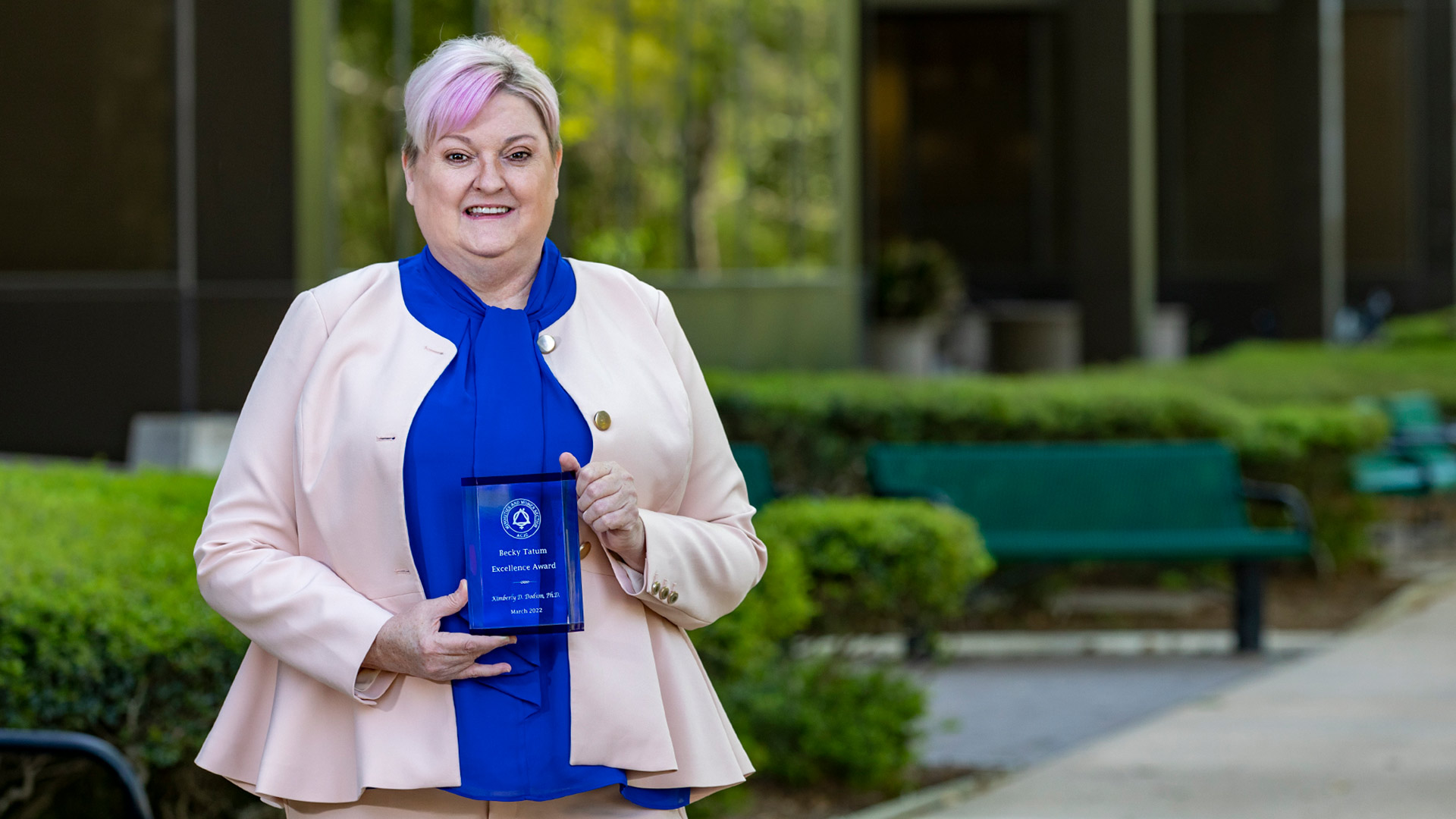
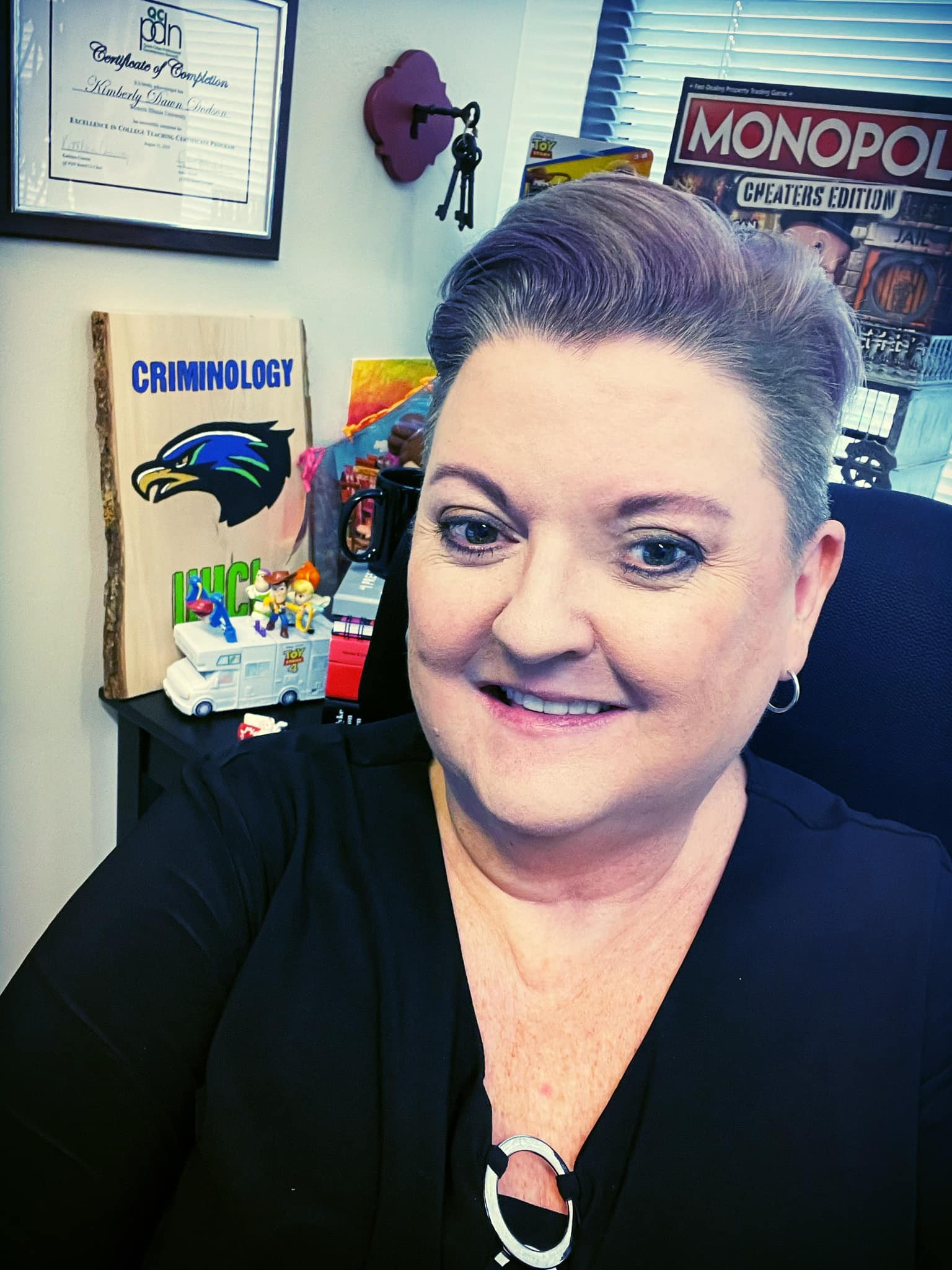
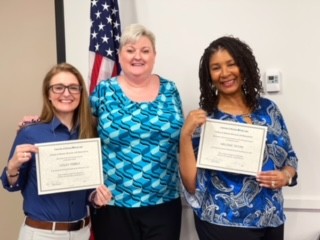
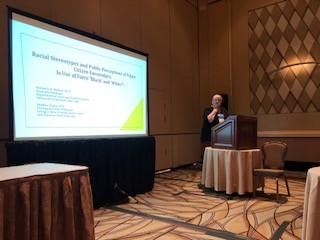
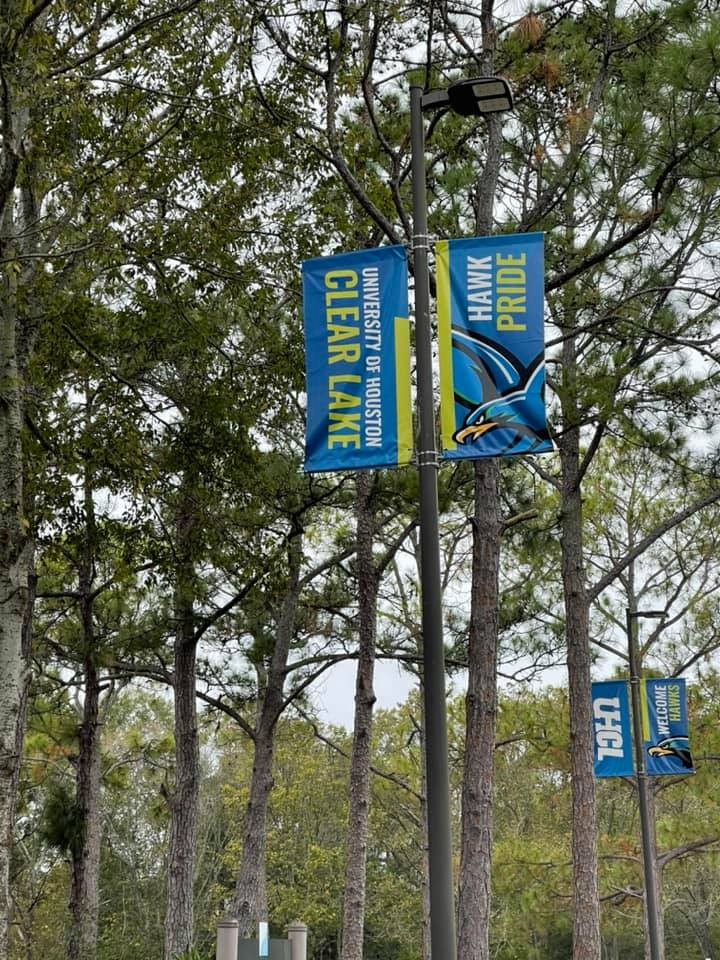
Image Credits
Kimberly Dodson










